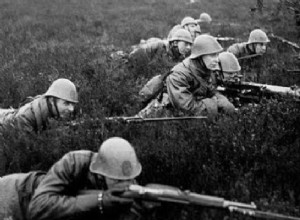In a short time you will no longer hear in any restaurant in the world that Waiter, there is a fly in my soup!, because surely the fly will be one of the ingredients of the dish we have ordered. According to a 2013 report from the Food and Agriculture Organization of the United Nations (FAO), eating




